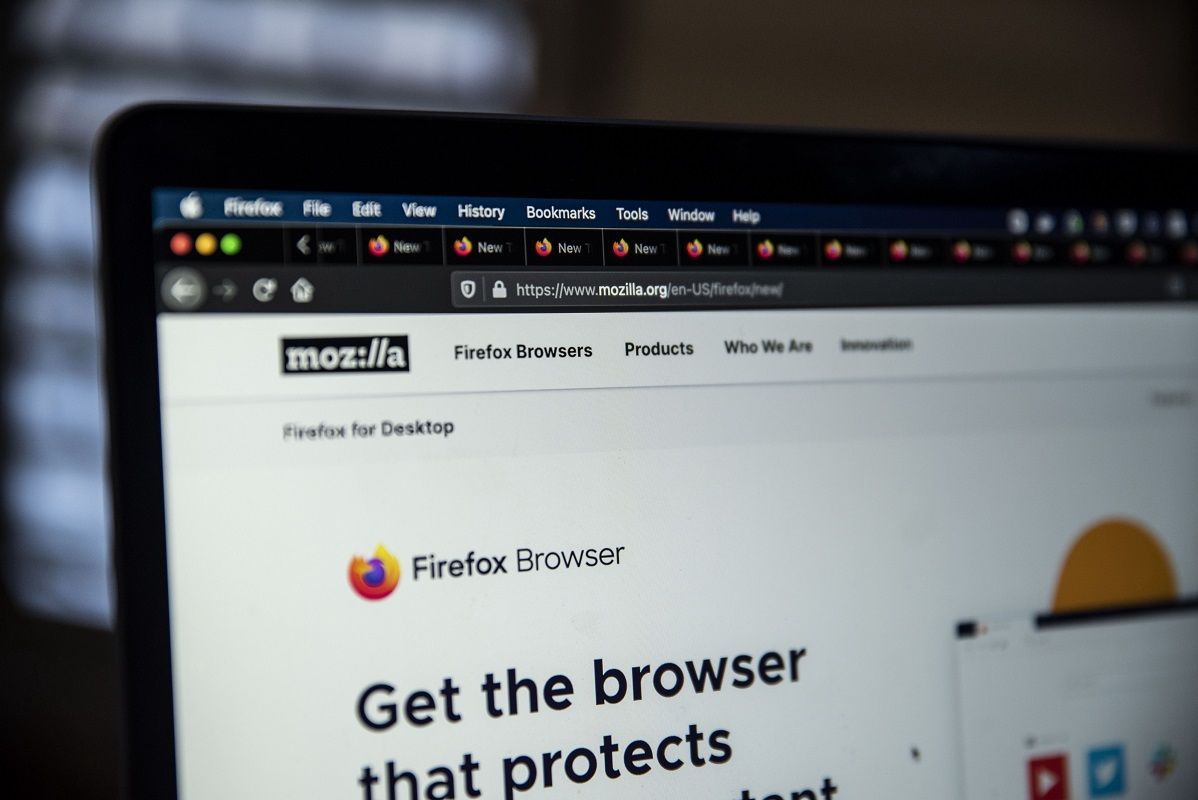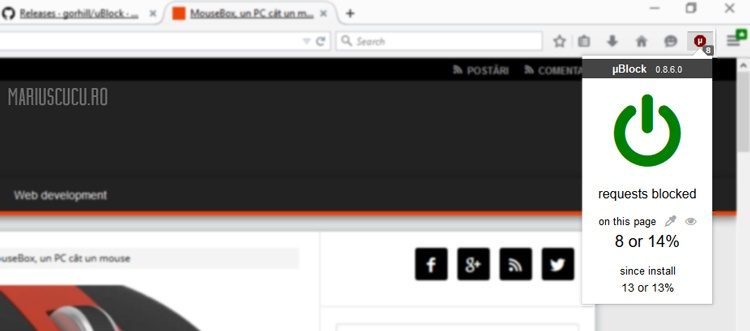
The sites designated in the whitelist will not be restricted in any way. The program also allows the user to use a whitelist. These filters work together to help you avoid sites that show intrusive ad behaviors.

Not only that, but the program also allows you to sort the filter and choose to add additional ones as well. It is shipped with a predefined filter such as the EasyList, Easy Privacy, server lists, and malware domains. It presents an easy way of blocking intrusive ads from websites. The program works by getting rid of intrusive popups and other types of ads that show up when you use your browser. This program exists as a Firefox Add-on, and also has another version that works with the Chrome browser as well. The good news about ads on online media is that this program can help you stop it. Coming to the online world, almost every website you visit is inundated with ads, banner ads, text ads, video ads, and many more. When you watch the TV, you will have your favorite programs paused for commercial breaks. While you are driving on the road, you see the big signs on the roadside. If ressources are you primary concern with a browser, Firefox is in a difficult spot at least when using default settings.Ads are everywhere. so I can't replace just for scaling width/height. In 1 chapter it has 3-4 image that site use anti-copy and use different order.

Brave is providing a solid out-of-the-box experience when it comes to ressource consumption. I can't resize this image because this site use anti-copy () image, crop original image and reorder them then use div:style to vise versa to display original image. Chrome with v3 is exceptionally light on ressources, especially with few tabs open, due to how slim the browser itself is. However, while FF and uBlock set to medium potentially is the most ressource saving setup, especially with many tabs opened, a lot of sites will break and require some tinkering. I was about to give you guys some meme potential by writing "It's not Firefox, it's the websites" and this is partially true, due to how different adblocking works in each scenario.

While RAM consumption may vary depending on how ressource hungry sites actually are, those benchmarks are reflecting my overall experience I've made with those setups during the last few weeks.Ĭhrome with uBlock lite (Manifest v3) placing 1st, with only 475 MB RAM consumed.įirefox with uBlock set to medium came in 2nd, using the least amount of ressources for loading individual pages.īrave is placing 3rd with the same page specific RAM consumption as Chrome, but requires more ressources overall.Ĭhrome in its vanilla version is ranking 4th.įirefox with uBlock set to default is last but not least, 5th place.įinal words: Testing different websites, all ads were blocked properly. I've tested Chrome, Brave and Firefox regarding their actual RAM consumption when opening three different news sites (CNN, Fox, HuffPost). I like numbers and testing stuff and that's the sole reason of why I'm doing this.

I'm afraid that this might get downvoted a lot, I don't wanna join the "what's better" discussion.


 0 kommentar(er)
0 kommentar(er)
